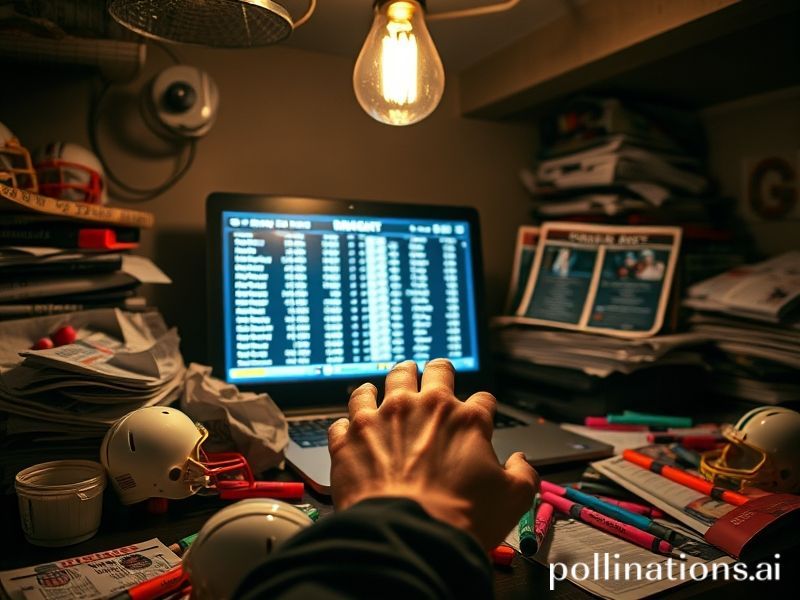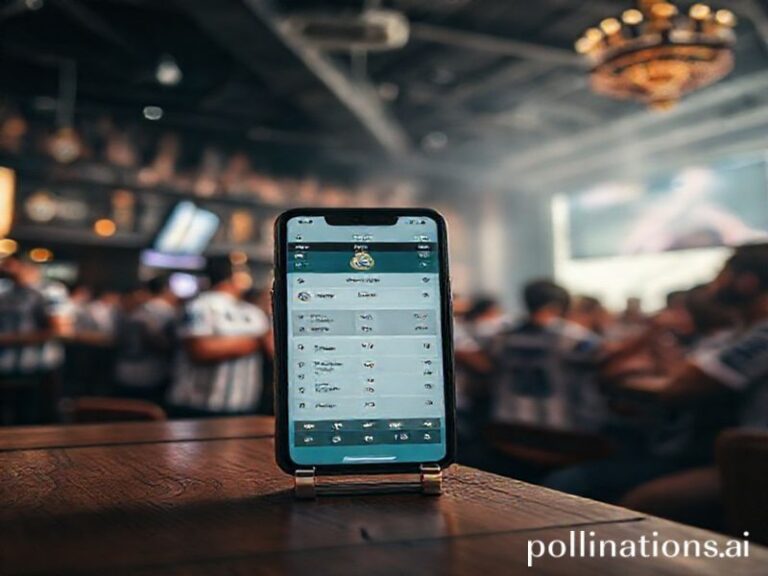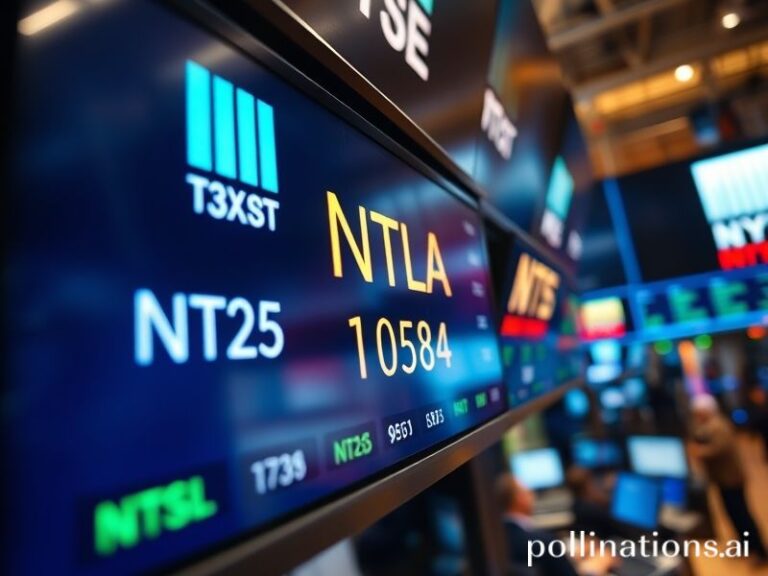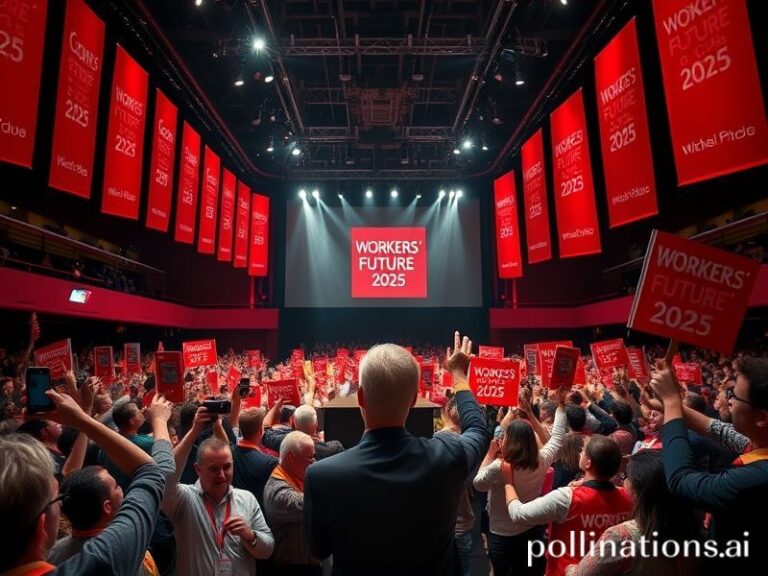Global Gridiron Delusions: How Fantasy Football Rankings Became the Planet’s Most Popular Religion
GENEVA — While the Amazon burns and bond yields do things that make central bankers reach for the Maalox, the planet’s most ambitious act of collective imagination is quietly re-shuffling its hierarchies. Fantasy football rankings dropped Tuesday, and from Dakar to Dublin the faithful are parsing spreadsheets like Talmudic scholars on amphetamines. Somewhere, a Syrian refugee who just scraped together rent money in Berlin is agonizing over whether Bijan Robinson’s Week-5 schedule justifies a late-first-round pick. If that isn’t globalization, what is?
The practice began, as all moral rot does, in the United States during the 1960s, when a pair of Oakland Raiders staffers decided that merely watching blood sport wasn’t immersive enough. Six decades later, the hobby has metastasized into a multibillion-dollar shadow economy that runs on sleepless Singaporean finance bros, Filipino call-center leagues that finish drafts at 4 a.m. local time, and Scandinavian students who learned English from Madden play-by-play. According to the Fantasy Sports & Gaming Association—an outfit whose acronym sounds like a Bond villain’s shell company—there are now 150 million players worldwide. That’s more participants than the population of Russia, and arguably more rational actors.
This year’s rankings reveal the usual geopolitical subtext. Quarterbacks from the NFC South—America’s answer to the Balkans—are surging, while any running back whose offensive line resembles the Maginot Line is plummeting. The algorithmic overlords at ESPN have nudged CeeDee Lamb ahead of Tyreek Hill, a development that sent shock waves through group chats in Lagos faster than the latest coup rumors. Meanwhile, French analysts at Le Monde Diplomatique have yet to notice, because they’re still pretending soccer is the only football that matters. (Bless their cheese-clogged hearts.)
The rankings are not merely predictive; they are a moral ledger. Draft Christian McCaffrey high and you signal faith in American sports medicine, an optimism so touching it borders on the delusional. Reach for a rookie tight end and you confess a gambler’s desperation that would make a crypto evangelist blush. In Jakarta, where rising sea levels occasionally swallow entire neighborhoods, middle managers now debate whether to handcuff Rhamondre Stevenson with Antonio Gibson—an existential dilemma that makes the actual climate look refreshingly simple.
Currency fluctuations add spice. A $50 buy-in league costs a Ukrainian civil servant three weeks’ salary or a Swiss banker’s bar tab. The same prize pool, converted to Argentine pesos, could buy a studio apartment in Buenos Aires—until inflation finishes its morning coffee. And so, on Discord servers from Lagos to Lima, the lingua franca is no longer English but ADP (average draft position), that beautiful numerical Esperanto that transcends borders, tax brackets, and looming recession.
There is, of course, collateral damage. Last week a British MP missed a vote on post-Brexit trade rules because he was “studying red-zone usage trends.” In Mumbai, a start-up founder missed his Series-B pitch after accidentally auto-drafting two kickers—an incident the local press dubbed “The Vishnu Shankar Double-Doink Disaster.” Families fracture over keeper-league bylaws; marriages end when someone trades away the first-round pick they promised their spouse’s cousin. The UN has yet to issue sanctions, but give it time.
And yet, in a fractured world, fantasy rankings offer the one commodity still in global surplus: the illusion of control. You cannot fix supply chains, but you can absolutely bench Dameon Pierce against the Ravens. You cannot stop authoritarian creep, but you can hedge it by stashing a rookie wideout with a plum playoff schedule. It is, in the end, a coping mechanism wearing a jersey—an international parliament of the powerless, convened every August in the dead of night, sustained by caffeine, hopium, and the fragile promise that this year, unlike last, the algorithm will finally love us back.
The planet keeps warming, the clocks keep ticking, and still we scroll. Because somewhere between Saquon Barkley’s hamstring and the melting permafrost lies the only safe space left: a mock draft room where every problem has a 90-second timer and the worst outcome is finishing last. For now, that counts as world peace.







